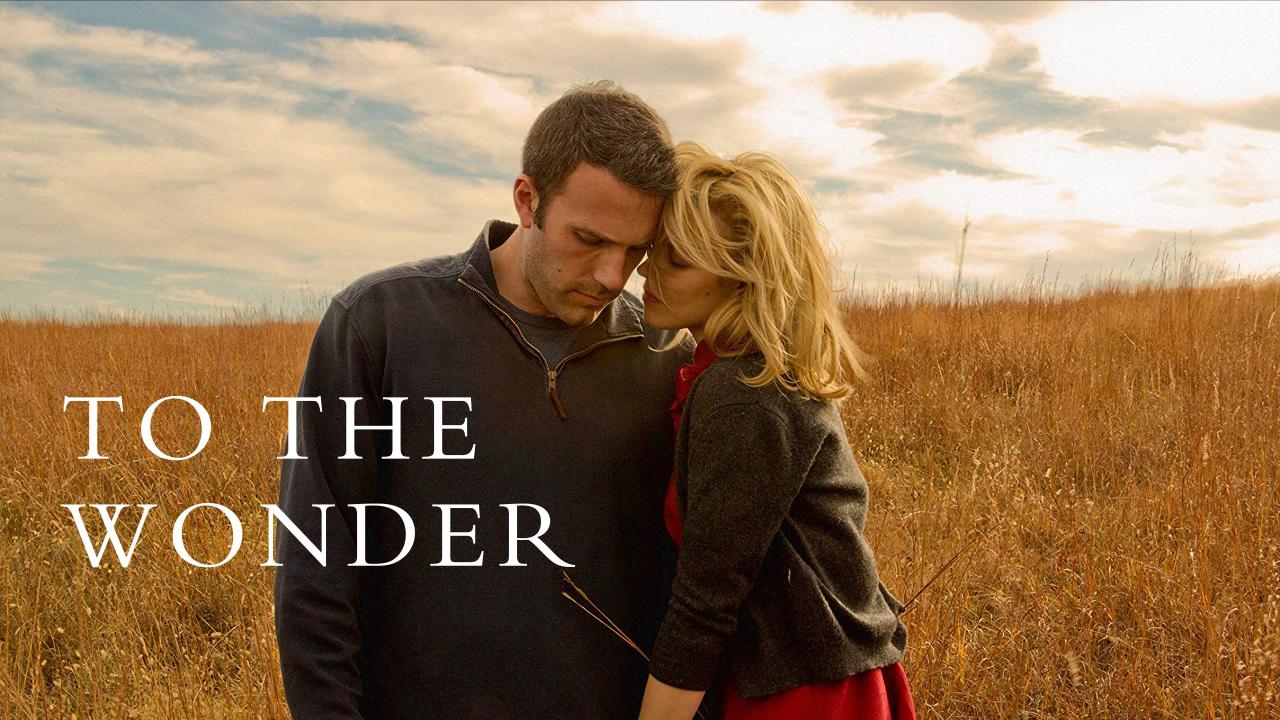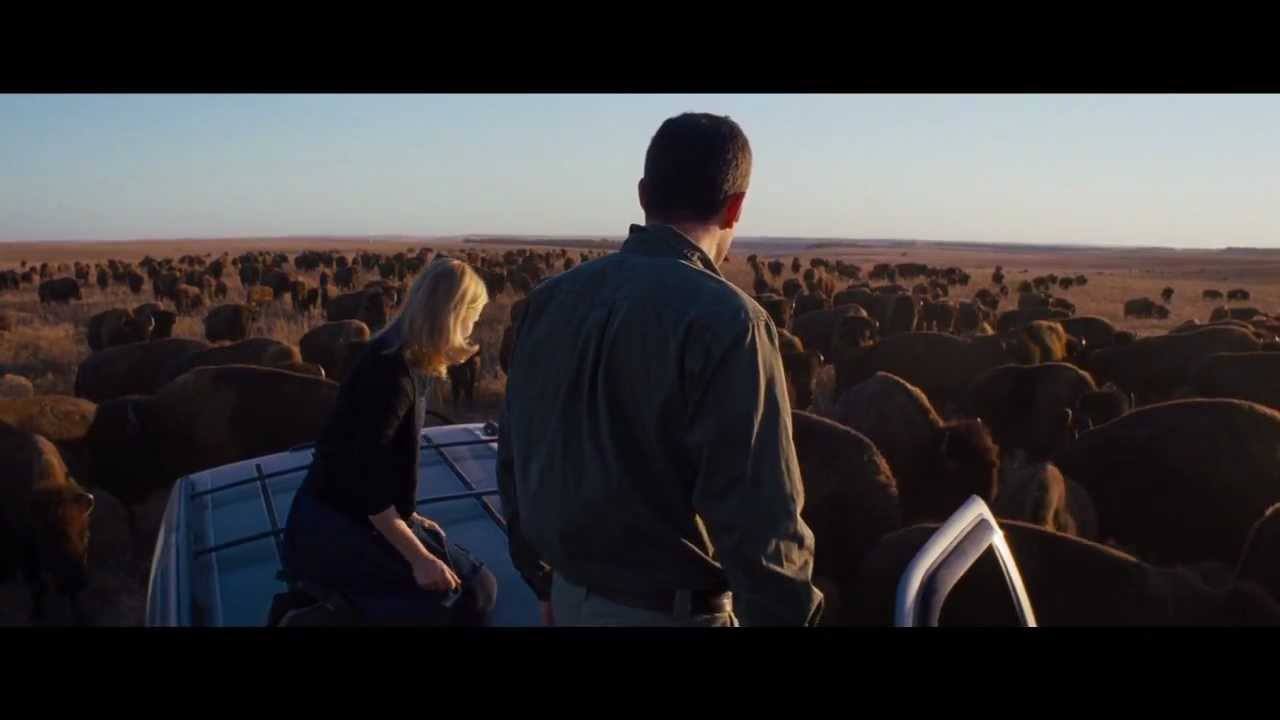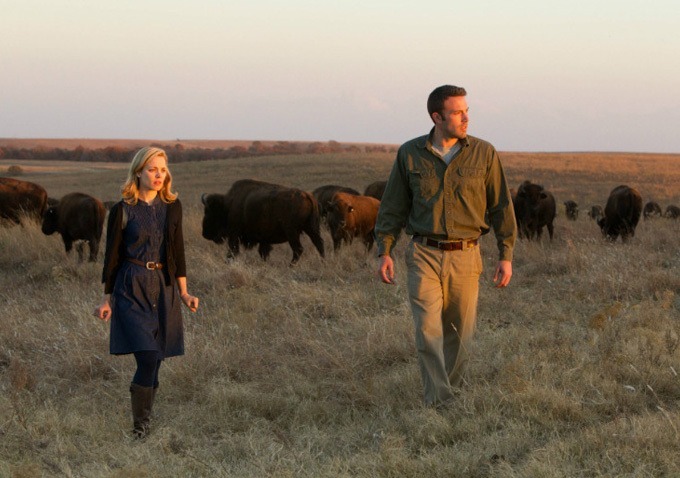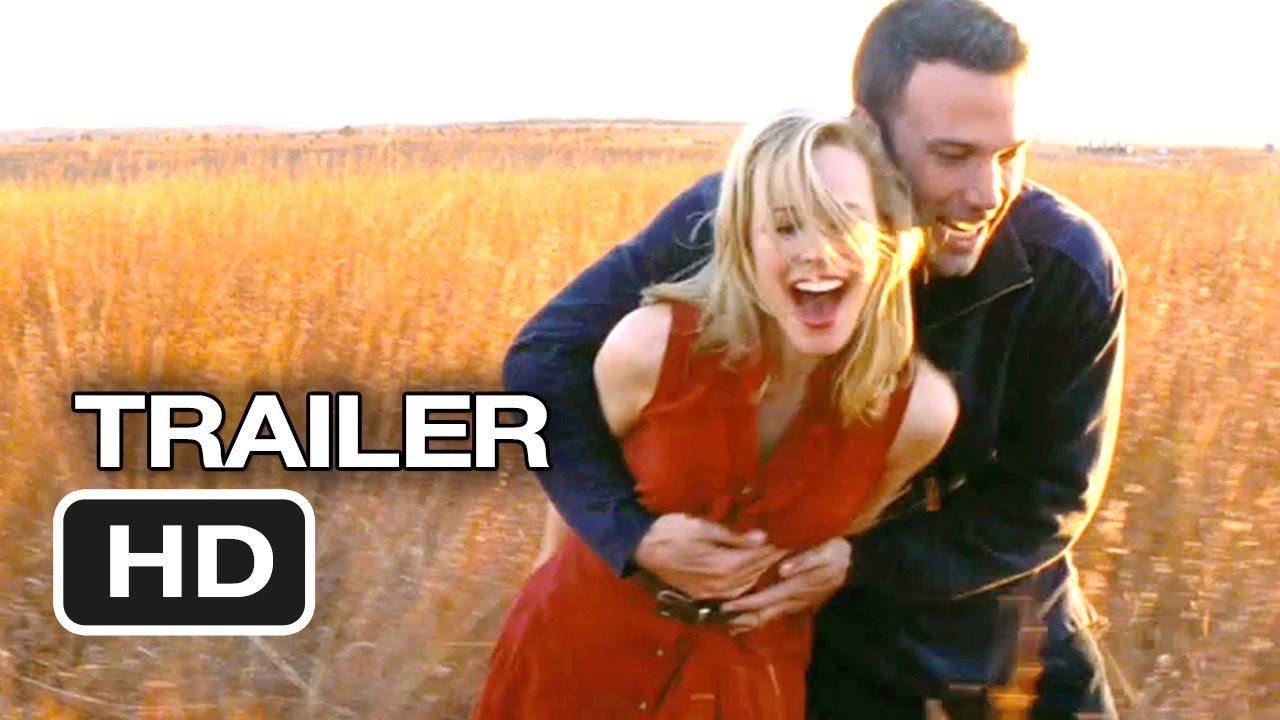
To the Wonder is a 2012 experimental romantic drama film written and directed by Terrence Malick. Known for his distinctive style, Malick presents a poetic and contemplative exploration of love, faith, and personal identity. The film stars Ben Affleck, Olga Kurylenko, Rachel McAdams, and Javier Bardem, and takes a deep, often silent look at the complexity of human relationships. With its beautiful cinematography and sparse dialogue, To the Wonder is a meditation on the emotional and spiritual connections that define the human experience.
The film’s story revolves around Neil (Ben Affleck), a man who falls in love with Marina (Olga Kurylenko), a French woman, while in Paris. The two embark on a passionate romantic relationship, which leads them to Oklahoma, where Marina and her young daughter are forced to adjust to a new life. However, as their relationship progresses, Neil’s feelings begin to wane, and Marina faces loneliness and emotional turmoil. At the same time, Father Quintana (Javier Bardem), a priest grappling with his own crisis of faith, struggles to connect with his parishioners, including Marina and Neil.
One of the film’s most distinctive features is its non-linear narrative structure and lack of traditional dialogue. Malick uses voiceover narration to give voice to the characters’ inner thoughts, emotions, and philosophical reflections. This fragmented approach to storytelling invites the audience to experience the characters’ internal struggles rather than relying on conventional plot development. The film’s meditative style is further enhanced by the stunning visuals, with cinematographer Emmanuel Lubezki capturing the beauty of nature, the human form, and the vast landscapes of Oklahoma.
The performances in To the Wonder are subtle and nuanced. Ben Affleck plays Neil with a quiet, introspective demeanor, conveying a man who is disconnected from his own emotions. Olga Kurylenko brings depth to her role as Marina, a woman torn between love and disillusionment, struggling to find meaning in her relationship with Neil. Javier Bardem’s portrayal of Father Quintana offers a spiritual contrast to the romantic turmoil of the central characters, as he searches for redemption and a deeper connection with his faith.

The film’s themes are deeply philosophical, exploring the transient nature of love, the struggle for personal fulfillment, and the yearning for spiritual connection. As Neil and Marina’s relationship begins to deteriorate, To the Wonder examines the fragility of love and the emotional scars left by unfulfilled desires. Father Quintana’s spiritual crisis also mirrors the romantic turmoil of the central characters, raising questions about faith, grace, and the human capacity for connection. The film suggests that true fulfillment may not be found in earthly love alone but in a deeper, transcendent understanding of oneself and the world.

Despite its sparse dialogue and experimental narrative style, To the Wonder is a visually captivating film. Malick’s use of natural light, expansive landscapes, and intimate close-ups creates an emotional and sensory experience. The juxtaposition of nature’s beauty with the inner turmoil of the characters enhances the film’s contemplative tone. The absence of conventional plot mechanics allows the audience to immerse themselves in the characters’ emotional journeys, creating a deeply personal and meditative viewing experience.

In conclusion, To the Wonder is a thought-provoking and visually stunning exploration of love, faith, and personal identity. Through its poetic, experimental style and powerful performances, the film offers a unique cinematic experience. Terrence Malick’s signature filmmaking approach allows for a rich, introspective look at the complexities of human relationships, making the film both challenging and rewarding for viewers. With its spiritual themes and emotional depth, To the Wonder stands as a poignant reflection on the human condition and the search for meaning in an often bewildering world.
